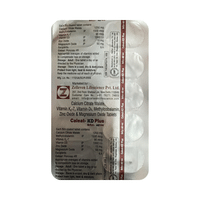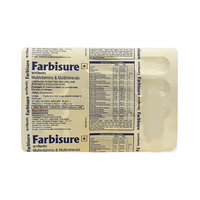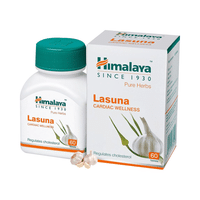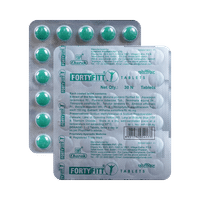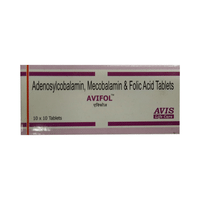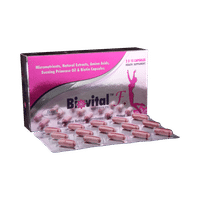Rs.50.60for 1 strip(s) (10 tablets each)
food interaction for Carvas Tablet
alcohol interaction for Carvas Tablet
pregnancy interaction for Carvas Tablet
lactation interaction for Carvas Tablet
food
alcohol
pregnancy
lactation
Carvas 25mg Tablet is to be taken with food.
None
None
CAUTION
It is unsafe to consume alcohol with Carvas 25mg Tablet.
UNSAFE
Carvas 25mg Tablet may be unsafe to use during pregnancy. Although there are limited studies in humans, animal studies have shown harmful effects on the developing baby. Your doctor will weigh the benefits and any potential risks before prescribing it to you. Please consult your doctor.
CONSULT YOUR DOCTOR
Carvas 25mg Tablet is probably safe to use during breastfeeding. Limited human data suggests that the drug does not represent any significant risk to the baby.
SAFE IF PRESCRIBED
SALT INFORMATION FOR Carvas 25mg Tablet
Carvedilol(25mg)
Carvas tablet uses
{med_name} is used in the treatment of Angina (heart-related chest pain), Hypertension (high blood pressure) and Heart Failure.
How carvas tablet works
Carvas 25mg Tablet is an alpha and beta blocker. It works by slowing down the heart rate and relaxing blood vessels, which makes the heart more efficient at pumping blood around the body.
Common side effects of carvas tablet
Decreased blood pressure, Headache, Fatigue, Dizziness, Breathlessness, Diarrhea, Increased glucose level in blood, Weight gain
SUBSTITUTES FOR Carvas Tablet
21 Substitutes
21 Substitutes
Sorted By
 Rs. 223.13pay 337% more per Tablet
Rs. 223.13pay 337% more per Tablet Rs. 174.30pay 244% more per Tablet
Rs. 174.30pay 244% more per Tablet Rs. 210pay 315% more per Tablet
Rs. 210pay 315% more per Tablet Rs. 83.44pay 62% more per Tablet
Rs. 83.44pay 62% more per Tablet Rs. 140.16pay 91% more per Tablet
Rs. 140.16pay 91% more per Tablet
Expert advice FOR Carvas Tablet
- Take Carvedilol with food for the best result.
- Check your blood pressure 1 week after starting Carvedilol, and inform your doctor if it has not improved.
- Carvedilol may cause dizziness or sleepiness. Do not drive or do anything requiring concentration until you know how it affects you.
- It is best to avoid drinking alcohol while taking Carvedilol as it may make the side effects worse.
- Do not stop taking Carvedilol suddenly as it can cause your blood pressure to rise suddenly, thereby increasing the risk of heart attack and stroke.
Frequently asked questions FOR Carvas 25mg Tablet
Carvedilol
Q. What happens when you stop taking Carvas 25mg Tablet?
Carvas 25mg Tablet needs to be taken regularly as directed by your doctor. Suddenly stopping it may cause chest pain or a heart attack. Your doctor may slowly lower your dose over a period of time before stopping it completely if required.
Q. Does Carvas 25mg Tablet make you tired?
Yes, Carvas 25mg Tablet may make you tired as well as dizzy. These may occur initially when you start the treatment or when the dose is increased. If you experience these symptoms, you should not drive or operate machinery.
Q. Can Carvas 25mg Tablet cause weight gain?
Yes, weight gain is a common side effect of Carvas 25mg Tablet, but it does not occur in everyone. If you are taking Carvas 25mg Tablet for heart failure, tell your doctor if you gain weight or have trouble breathing, as this may be a sign of fluid retention.















